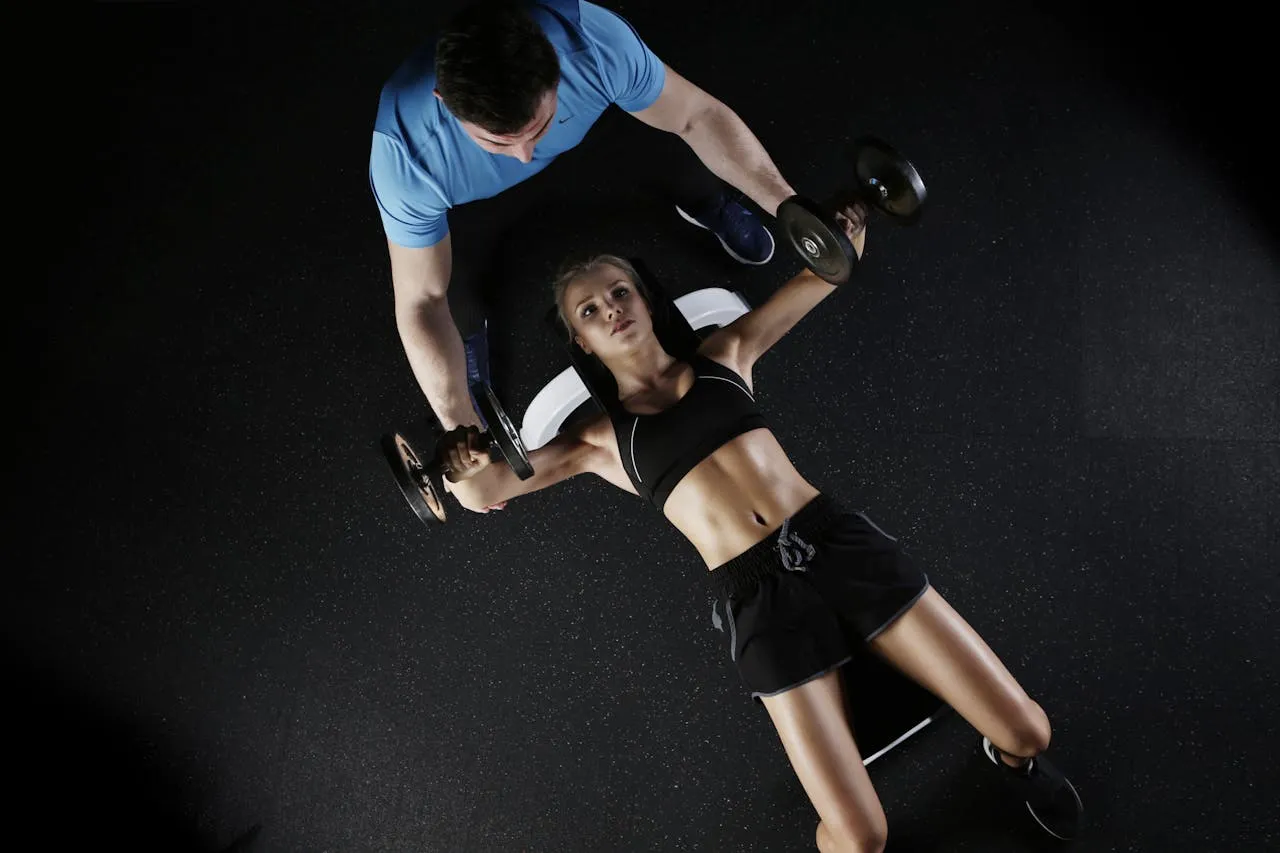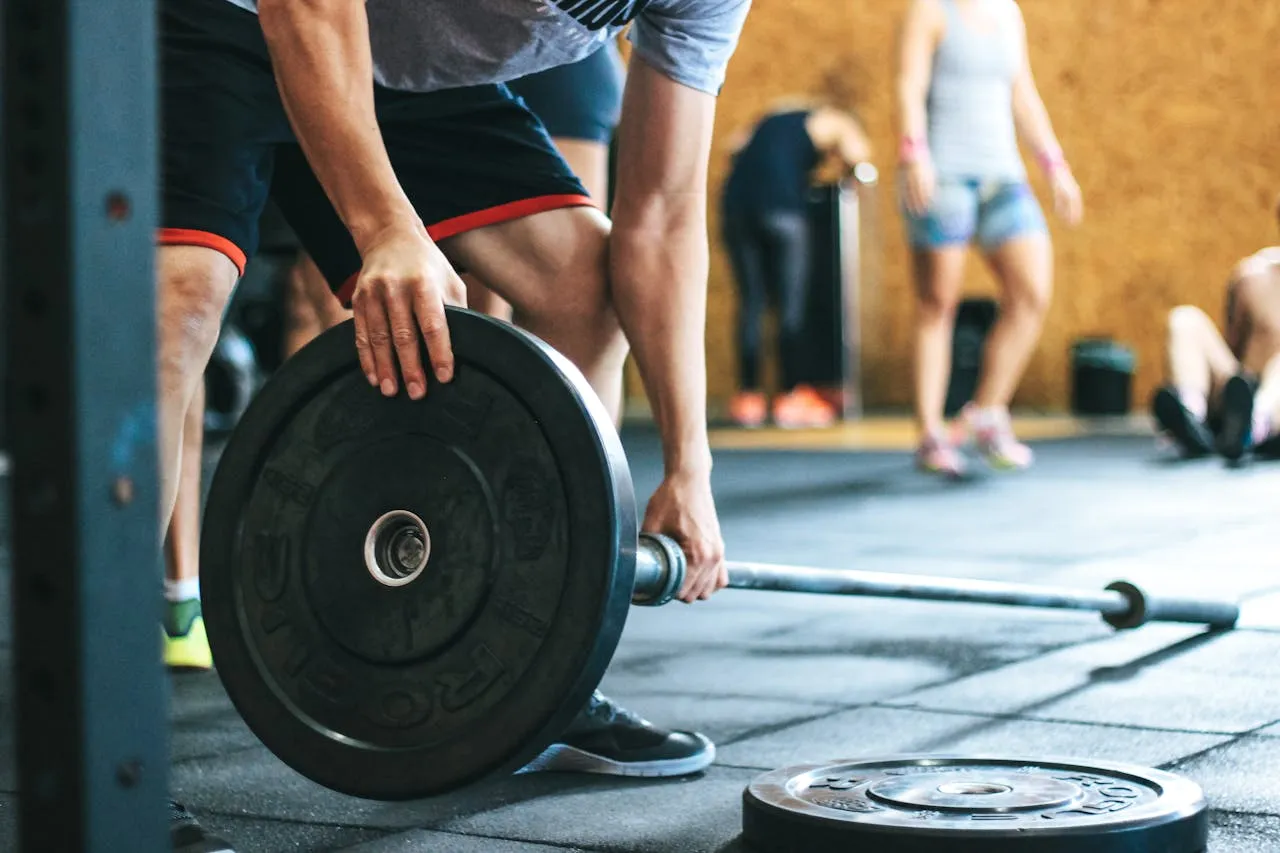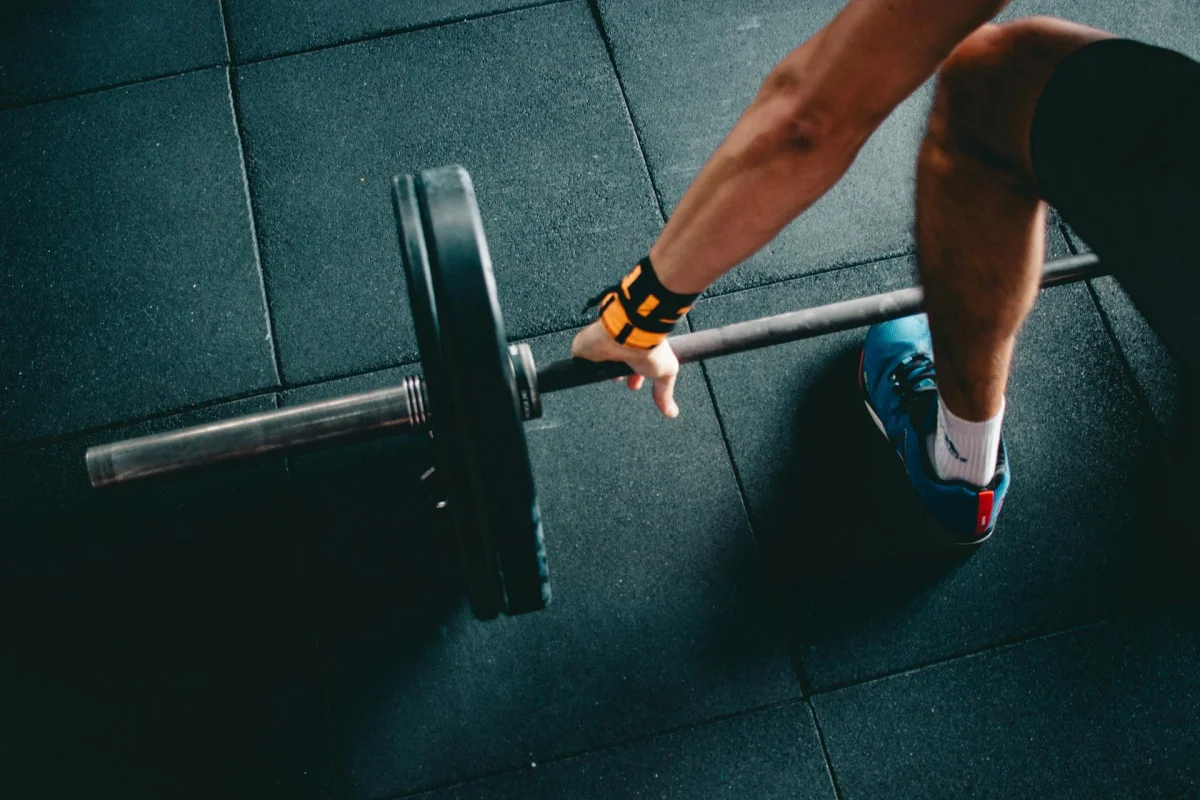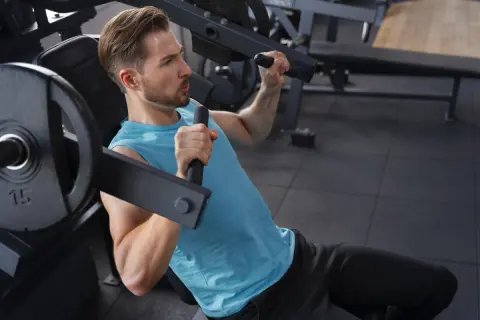For those looking to start from scratch with exercise, there are some important details to consider. To take the first step towards a healthy lifestyle, you can choose activities like regular walking or running, as well as opting for fitness centers. One of the biggest challenges for beginners in sports is maintaining consistency. Therefore, it is extremely important to make exercise a lifestyle and integrate it into your daily routine. Thus, you should carefully allocate the time you dedicate to sports and choose appropriate physical activities. It is effective to consider your physical characteristics and focus on activities that you enjoy when selecting exercises. You can choose individual exercises or participate in group classes to prefer an enjoyable sports environment. This way, it will be easier to boost your motivation. Before starting a regular exercise program, it is also extremely important to check your health and physical condition. By recording this data, you can track the changes that result from regular physical activity. It is also very effective for beginners to seek professional support. Through individual programs created by professional trainers in fitness centers, it becomes easier to achieve a healthy and resultsoriented pace. Many people start exercising to lose weight. It is true that exercise supports the weight loss process, but it is important to remember that weight loss cannot be achieved solely through exercise. There are many types of exercises that can be preferred for different purposes. Therefore, it is more effective to clearly define what you want to achieve and progress with an appropriate program. This way, you can keep your goals in sight and take solid steps towards achieving them. Another important point not to be forgotten is that regular exercise not only increases physical endurance but also creates a suitable environment for a calmer and happier life.

How to gain motivation?
Starting with exercise and sticking to it regularly is an important process that requires you to maintain your motivation. Here are some effective motivation strategies you can use to start exercising and focus on your fitness goals:
1. Set Goals: Setting clear goals for your fitness journey will help you stay motivated. Establish short-term and long-term goals. For example, set goals to reach a specific weight, reduce body fat, or prepare for a particular sport.
2. Sources of Motivation: Finding sources of motivation for fitness is important. Watching inspirational fitness videos, following successful athletes, or reading motivational fitness quotes can inspire you.
3. Enjoyable Activities: Having fun while exercising boosts your motivation. Try different fitness activities to find out what you enjoy. Take dance classes, yoga, pilates, or group fitness classes.

4. Visualization: Boost your motivation by visualizing your fitness goals. Imagine how you want to look or write down your goals and review these visualizations or notes regularly.
5. Motivation through Music: Energetic music during workouts can increase your motivation. Create a motivating playlist to listen to during your workouts.
6. Start with Small Steps: Begin your fitness journey with small, achievable steps. Every success will boost your motivation. For example, start with regular walks a few days a week.
7. Find Workout Buddies: Exercising together with others can increase your motivation. Find workout buddies or join a training group. Working as a team will help you stay motivated and develop a sense of responsibility.
8. Track Your Progress: Tracking your progress will help you maintain your motivation. Record your progress weekly or take photos to visually track your progress.
9. Reward Yourself: Celebrate small achievements and reward yourself. Set small rewards to motivate yourself as you continue with your fitness routine.
The fitness journey requires patience, but with the right motivation strategies, you can be successful. Have confidence in yourself, focus on your goals, and take the first step toward living a healthy lifestyle!

Suggestions for Beginners in Sports
1. Goal Setting and Choosing the Right Exercises: When starting a sport activity, it is extremely important to set clear goals and choose appropriate exercise methods. Clarify your goals and prefer activities that suit your body.
2. Dealing with Challenges and Psychological Preparation: If you have never exercised regularly or have taken a long break, you may face difficulties at the beginning, but this is normal. Prepare yourself psychologically to cope with these challenges. Take it slow and do not lose your motivation.
3. Hydration and Nutrition: Pay attention to adequate fluid intake before and during exercise. The body loses more water during exercise, so it is important to meet your fluid needs. Additionally, your nutrient needs increase due to high energy expenditure. Note that everyone has individual needs, and support recovery by providing the necessary nutrients after exercise.
4. Consistency and Persistence: Once you start exercising, it is important to stay regular and consistent. Your body will adapt over time, and your motivation will increase as you see the effects of training. Do not give up when faced with obstacles and maintain your commitment to sports.
5. Seek Expert Opinion and Support: If you encounter challenges at the beginning or during the process, it is important to seek help from an expert. A professional trainer or nutritionist can assist you in developing an appropriate training and nutrition plan.
Healthy eating tips for beginners
For beginners in sports, nutrition is important to enhance athletic performance, promote recovery, and maintain overall health. Here are some nutrition recommendations for beginners in sports:

1. Balanced and Varied Diet: Adopt a nutrition plan that includes all the nutrients your body needs. Ensure a balanced intake of proteins, carbohydrates, fats, vitamins, and minerals.
2. Protein Intake: Protein intake is elevated for athletes. Protein is crucial for muscle repair and regeneration. Consume adequate protein from sources such as meat, poultry, fish, eggs, dairy products, legumes, and nuts.

3. Carbohydrates: Carbohydrates are essential for athletic energy. Whole grain products (like brown rice, whole wheat bread, oats), vegetables, fruits, and legumes are healthy carbohydrate sources.
4. Healthy Fats: Don't forget to consume healthy fats that your body requires. Ensure to get fats from sources like salmon, sardines, walnuts, and flaxseeds, which contain omega-3 fatty acids.
5. Sufficient Water Intake: The body loses more water during exercise. Therefore, drink enough water before, during, and after training. Water is vital for proper body function.

6. Meal Planning: Pay attention to your nutrition before and after training. A light snack before training can boost your energy levels. After training, try to have a meal that includes protein and carbohydrates.
7. Avoid Certain Foods: Avoid processed foods, sugary drinks, and fast food. These can negatively impact your athletic performance and health.
8. Adequate Portion Control: Practice portion control in your diet. Eating too much or too little can affect your athletic performance.
It is advisable for beginners in sports to create a healthy nutrition program with the support of a nutritionist or dietitian. Healthy nutrition enhances athletic performance and provides your body with the necessary nutrients for better quality of life.



